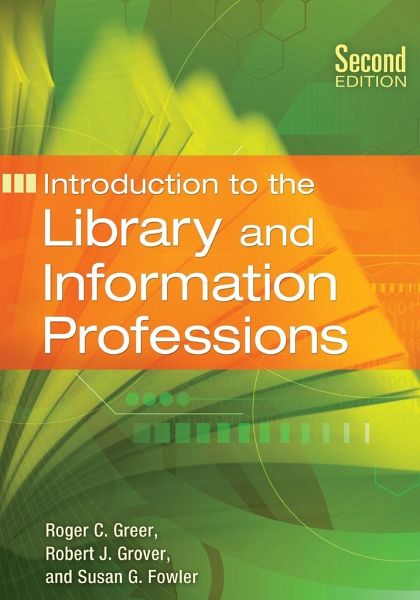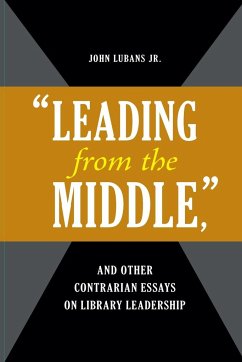
Introduction to the Library and Information Professions
Versandkostenfrei!
Versandfertig in 1-2 Wochen
64,99 €
inkl. MwSt.
Weitere Ausgaben:

PAYBACK Punkte
32 °P sammeln!
This comprehensive book prepares readers for a changing profession in the library and information field, presenting a holistic approach that examines theories and models and utilizes creative problem-solving strategies. In this rapidly changing, knowledge-based society, library and information professionals require a broad understanding of the profession. Introduction to the Library and Information Professions, Second Edition presents a toolbox of models that enable this essential understanding for undergraduate and graduate students in library and information science programs as well as pract...
This comprehensive book prepares readers for a changing profession in the library and information field, presenting a holistic approach that examines theories and models and utilizes creative problem-solving strategies. In this rapidly changing, knowledge-based society, library and information professionals require a broad understanding of the profession. Introduction to the Library and Information Professions, Second Edition presents a toolbox of models that enable this essential understanding for undergraduate and graduate students in library and information science programs as well as practicing professionals seeking continuing education. The materials in this second edition reflect the latest trends in the library and information profession, including services and issues that stem from new advances in technology. The authors present "big picture" information that will allow readers to better plan and implement client-entered services, discussing topics such as the life cycle of information, the role of library and information professionals as change agents, models of information transfer, the national information infrastructure, and important trends and developments. The contents provide readers with clear guidance and a carefully explained rationale for lifelong careers as information professionals.













